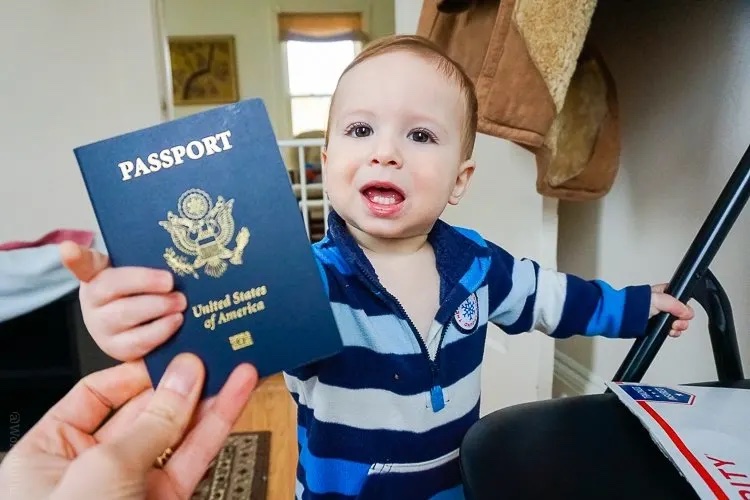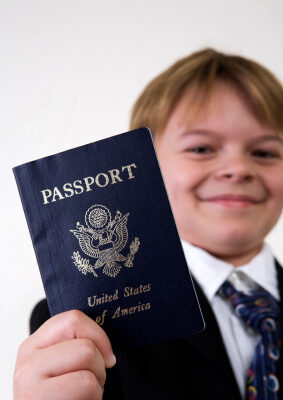A statement of consent for a passport is a legal document that may be used in place of a parent or legal guardian if they are unable to be present at the time a child applies for a passport. The signature of the absent parent above constitutes legal consent for the minor’s application for a passport. To verify that both parents or legal guardians are aware of and consent to the child’s passport application, passport authorities often demand a statement of consent. It proves that the absent parent has no objections to the kid getting a passport and helps demonstrate parental consent.

When parents are divorced, separated, or have joint custody, this document becomes even more crucial. It’s a technique to prove that the child’s best interests are being considered and that both parents are on board with any particular choice. The purpose of the statement required by passport authorities is to ensure that both parents have a chance to offer their permission or voice any reservations before a passport is granted, hence reducing the likelihood of child abduction or unlawful travel. It’s worth noting that different nations and jurisdictions may have different rules and laws regarding the statement of consent. To make sure you’re in accordance with the particular regulations in your jurisdiction, it’s best to check with the passport officials there or contact a lawyer. More information is available athttps://onenotary.us/ds-3053-form-passport-parental-consent/.

Situations when a grandparent or other family member provides the statement of consent instead of the parents
The legal guardians and parents of the minor are the ones who should fill out the statement of consent that must accompany a passport application. It proves that they are okay with the kid getting a passport. It is customary for the parents to give a statement of consent, albeit this varies by nation and legal system. A grandparent or other close relative may be able to deliver the statement of consent, in cases if:
· neither parent can be reached;
· both parents are deceased;
· have had parental rights terminated.
However, this would probably need more paperwork or legal processes to demonstrate the grandparent’s or other family member’s capacity to grant approval on the parents’ behalf.
It is recommended that you seek the advice of legal counsel or the relevant passport agency to learn about the specific requirements and possibilities applicable to your case. When a grandparent or other family member has to deliver the statement of consent, they may provide advice on what to do and what paperwork might be needed.

International travel with a statement of consent for dual-citizen children
When a kid has dual citizenship, the statement of consent may be used for foreign travel, although this is subject to the regulations of each country visited. The kid may be deemed a citizen of both nations and so free from the requirements of both countries’ statements of consent. However, it’s vital to keep in mind that passport criteria for dual nationals might vary greatly from one country to another. If a kid has dual citizenship, the child may still need a statement of consent from both nations, while others may have other processes or exemptions in place.
Consultation with the relevant passport authorities in both countries is recommended to identify the exact requirements for foreign travel with a kid who is a dual citizen. They will have the most up-to-date information on the required paperwork, such as the statement of consent or alternative processes that may be applicable to your case. You may prevent any issues or delays in the passport application procedure for your kid if you get help from the appropriate passport authorities to guarantee compliance with the unique requirements regulating foreign travel for dual citizens.

